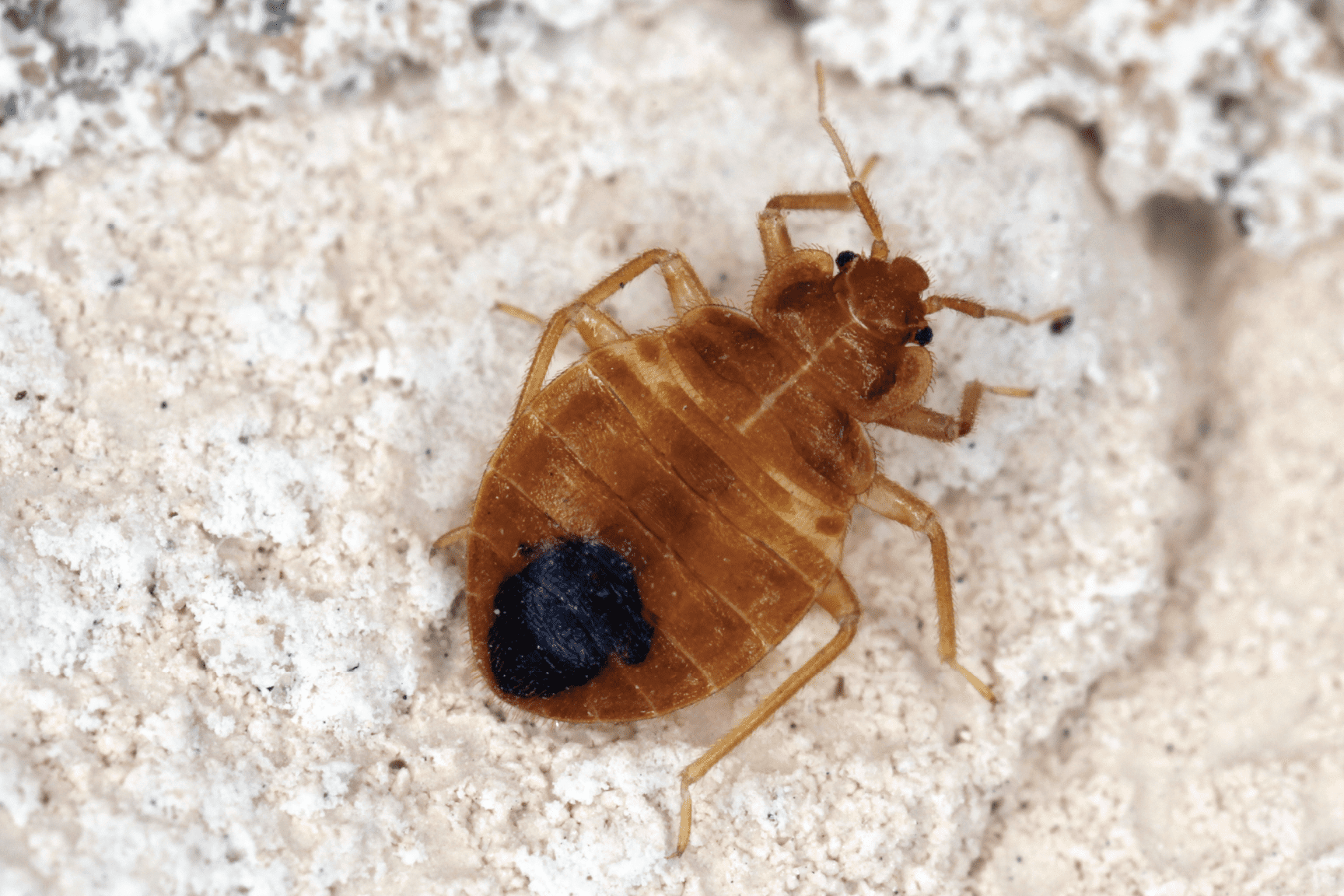Kings Pest Control Expert Cincinnati: Efficient Pest Management
Wiki Article
Sorts Of Parasite Control: Which Approach Is Right for Your Problem?
When encountered with an insect problem, the option of an ideal technique for pest control is essential in properly managing the circumstance. By discovering the various kinds of pest control methods available, individuals can make informed choices customized to their special conditions, ensuring a more lasting and efficient result in parasite removal.Chemical Insect Control
Chemical bug control entails using synthetic or naturally obtained chemicals to handle and remove pest populations properly. This technique is frequently utilized in agriculture, forestry, and domestic setups to fight a vast array of parasites, consisting of insects, weeds, and rats. Using chemical pesticides can offer fast and targeted services to pest infestations, making it a prominent choice for many individuals and companies.One of the essential advantages of chemical parasite control is its ability to promptly remove parasites, decreasing the danger of damage to plants, property, and human health. By utilizing certain chemicals that target certain bugs, this method can effectively control problems while lessening harm to beneficial organisms and the atmosphere when used correctly.
Nonetheless, making use of chemical pest control additionally increases issues concerning possible adverse effects on non-target types, water sources, and human health and wellness. It is vital to follow safety standards, use chemicals properly, and take into consideration alternate insect control methods to lessen these risks and ensure lasting insect monitoring methods.
Organic Parasite Control
Biological insect control, likewise referred to as biocontrol, makes use of living microorganisms to decrease and handle parasite populaces normally. This method uses the power of nature to regulate insects without the demand for synthetic chemicals. Biocontrol can involve the intro of natural adversaries of the bug species, such as parasites, virus, or predators, to subdue pest populaces. By utilizing the insect's all-natural killers or pathogens, organic bug control supplies a lasting and environmentally friendly remedy to pest administration.
Mechanical Parasite Control
Using physical and hands-on approaches to take care of insect populations, mechanical pest control offers an alternate approach that does not count on the use of living organisms or synthetic chemicals. This technique entails making use of barriers, catches, or other gadgets to physically prevent or eliminate parasites. By blocking bug access points or establishing catches to catch them, mechanical bug control can properly minimize problems without introducing chemicals into the atmosphere.One usual example of mechanical parasite control is using mesh displays on doors and windows to protect against pests from entering structures. This straightforward yet effective method works as a physical obstacle, keeping parasites out while allowing for proper ventilation. In addition, devices like mousetraps, fly swatters, and ultrasonic repellents fall under the mechanical pest control classification.
While mechanical insect control methods can be labor-intensive and call for regular monitoring and maintenance, they use a lasting and eco-friendly service for handling parasite problems. By combining various mechanical strategies, homeowner can create an extensive pest control strategy that minimizes dependence on chemical pesticides.
Physical Parasite Control

Some usual physical parasite control approaches consist of using barriers such as screens or webs to stop insect access, catches to record and about his eliminate pests, and hand-picking to physically get rid of bugs from plants or frameworks. Additionally, strategies like warm treatments can be made use of to control parasites like bed insects by raising the temperature to degrees that are deadly to the insects.
Physical bug control is especially useful in integrated parasite management (IPM) approaches, where multiple bug control approaches are combined for efficient bug monitoring while reducing using chemicals. By utilizing physical insect control methods, people can effectively deal with bug infestations with minimal environmental impact.
Integrated Bug Administration
When applying physical pest control methods as part of bug administration approaches, Integrated Parasite Monitoring (IPM) emerges as an extensive strategy that leverages various techniques to effectively control pest populations. IPM concentrates on long-term prevention of pests through a mix of biological, cultural, physical, and chemical tools customized to particular bug problems. By integrating multiple control strategies, IPM aims to decrease the risks linked with parasites while additionally lowering dependence on chemical options.One secret element of IPM is the emphasis on monitoring and evaluating pest populations to establish one of the most proper control techniques. This aggressive method permits early treatment and targeted methods, resulting in much more reliable parasite administration. Additionally, IPM advertises eco friendly practices by focusing on non-chemical control techniques and only making use of chemicals as a last resource.
Final Thought

By using the insect's natural predators or microorganisms, biological insect control offers a environmentally friendly and lasting option to pest administration. - Kings pest control cincinnati oh
Making use of manual and physical approaches to handle insect populaces, mechanical bug control provides an alternative strategy that does not depend on the use of living microorganisms or synthetic chemicals.An effective strategy to taking care of insect populaces without depending on chemical or biological techniques involves the usage of physical insect control techniques.When applying physical bug control methods as component of pest monitoring techniques, Integrated Parasite Administration (IPM) emerges as a thorough useful content method that leverages numerous techniques exterminators near my location to properly control pest populaces. Chemical pest control includes the use of chemicals, organic insect control uses natural predators, mechanical parasite control involves physical obstacles, physical pest control includes capturing or eliminating pests, and incorporated insect management incorporates multiple techniques for an all natural method to pest control.
Report this wiki page